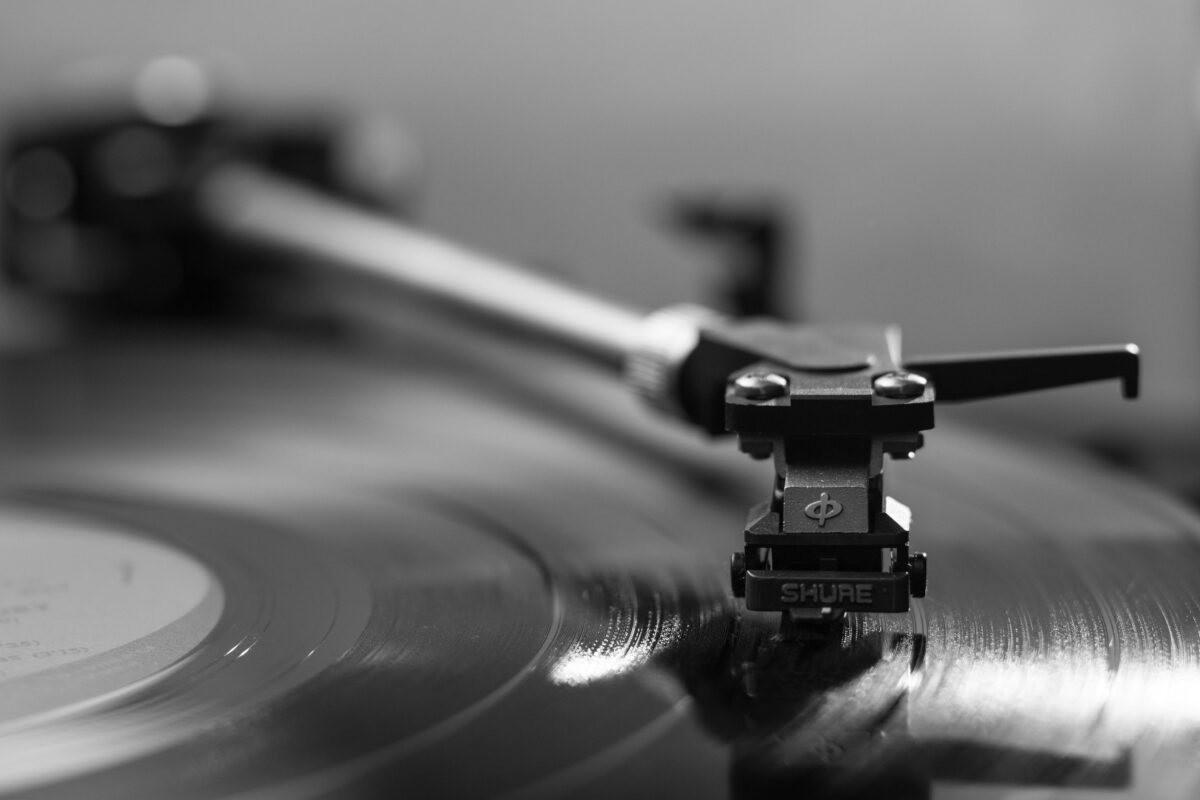
Let me take you back to New York City, mid-1975, and the release of Tom Waits’s live album, Nighthawks at The Diner. To support the new LP, Tom came to New York for a week of shows, backed by a jazz-oriented combo numbering among its members one Al Cohn, the legendary tenor saxophonist. Cohn broke into the business in the 1940s as a member of and arranger for Woody Herman’s Second Herd before going solo and later embarking on a highly regarded partnership with fellow Herman tenor man Zoot Sims.
I had been hanging out with Waits for about a year by that point, and so was part of the inner circle lounging around the venue after one show. Someone asked Al if he ever heard from Marilyn Moore. Talk soon turned to her one album, Moody, and prompted remarks about what a compelling singer she was, and what a loss her self-imposed retirement had been to the music world.
“She loved music but hated the music business,” I remember Al saying.
Wait, what? Marilyn Moore? One album? Self-imposed retirement? Great loss to the music world? Come again? Who?
Who indeed.
Marilyn Montez Moore, born June 16, 1930 in Chicago, and raised in Oklahoma City, OK, by parents experienced in vaudeville, was singing on stage at age three. During her high school years in OKC she had performed with Dizzy Gillespie and Charlie Parker; after graduating in 1946 she joined Woody Herman’s band, toured with Benny Goodman, and for a solid, formative year was the Charlie Barnett band’s featured vocalist. After marrying Al Cohn in 1953, she devoted four years exclusively to being a wife and mother before she, Al, and a stellar group of musicians recorded 1957’s Moody, which proved to be debut and swan song alike. The record was released on Bethlehem, where, along with some other fine female jazz vocalists on the label—including Helen Carr, Paula Castle, and Betty Blake, the latter being one of the artists I discussed in Part 1 of The Girl Singers That Time Forgot (TAS 255)—Moore made only a small blip at the time. Moody was long out of print by the time of that 1975 after-show confab with Waits and his band. Only recently has it found its way onto CD, in a fine package from Blue Sounds.
The curious thing about Marilyn Moore is her uncanny vocal resemblance to Billie Holiday. At a time when labels demanded artists have their own sound, Marilyn is Billie, alternately as high-flying and carefree—make that free—and as deeply scarred in a chilling way. A blast of dissonant horns (arranged by Cohn) opening the first cut, Mack David-Duke Ellington’s “Just a Lucky So and So,” sets up a sensuous, seductive vocal intro; but then, by dint of a bluesy twist added to her phrasing, Marilyn transforms it from a come-on to a darker paean about deceptive appearances until the title phrase becomes the height of irony. In this single, deeply human performance she renders irrelevant all vocal similarities to Billie, and then proceeds to turn most of the remaining 11 tunes (which bear songwriting credits on the order of Arlen, Gershwin, Hammerstein II, Louis Jordan, et al.) inside out, probing with impossible depth the sense of utter, complete isolation in “Trav’lin’ All Alone”; and the psychological war between fleshly desire and the knowledge you’re being played in Alec Wilder’s noir-ish “Trouble Is a Man” and more fancifully in the self-abasing “You’re Driving Me Crazy.”
Cohn and trumpeter Joe Wilder are nothing short of spectacular in their atmospheric, subtextual soloing; the rhythm section of drummer Osie Johnson and legendary bassist Milt Hinton (who had played with Billie) is solid and supple, with guitarist Barry Galbraith and pianist/arranger Don Abney adding tasty, discreet support low in the mix. The CD version of Moody from Blue Sounds is not only rich and full sonically, but also includes Leonard Feather’s jazz treatment of tunes from the 1958 Broadway musical, Oh, Captain! Feather, a heavyweight jazz critic and unabashed fan of Marilyn Moore, featured Moore on five of the nine cuts, backed in various configurations (quintet, quartet, big band) by the likes of Coleman Hawkins, Dick Hyman, Oscar Pettiford, and the Johnson-Hinton rhythm section. Of special note: “Femininity,” the first of the Oh, Captain! selections, in which a nonplussed Moore offers a crash course in the casual sexism greeting an ambitious, attractive woman in those times, including groping (“All I do is simply stand there / All at once I feel a hand there”).
With Oh, Captain! Marilyn Moore joined The Girl Singers That Time Forgot, never to be heard from on record or on stage again. She died March 19, 1992, in Ft. Lauderdale, FL. Her obituary in The Oklahoman of April 13, 1992 notes she “never lost her roots in Oklahoma” and adds: “The Marilyn we know did not ‘Go gentle into that good night.’”






















